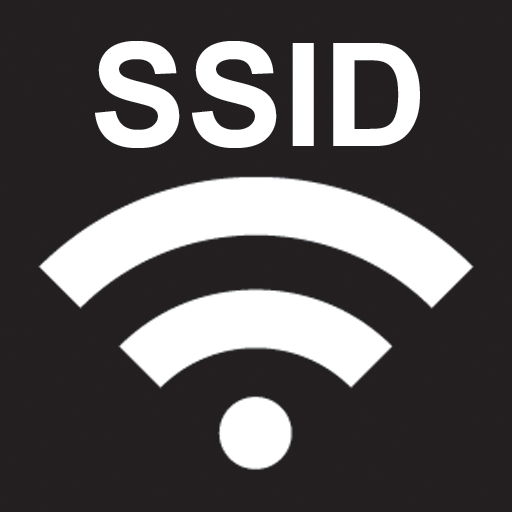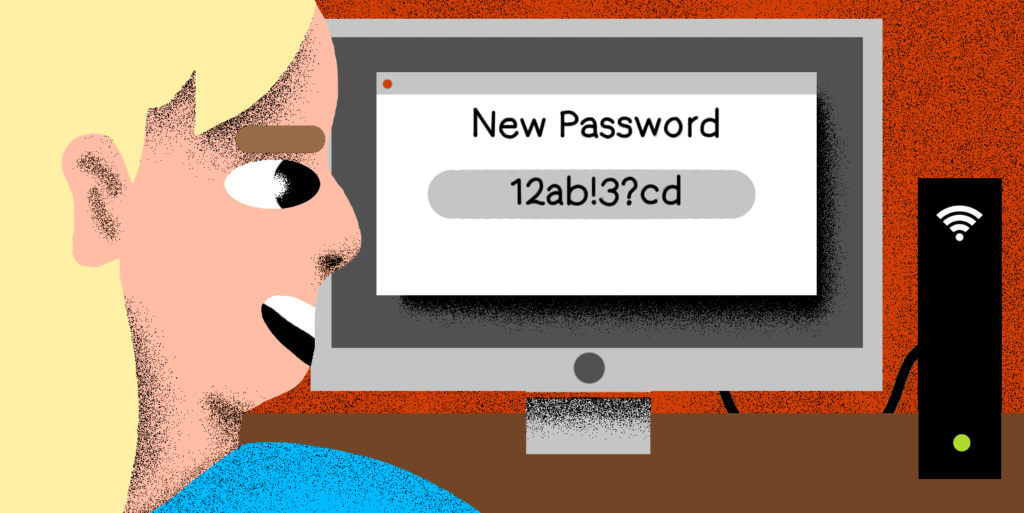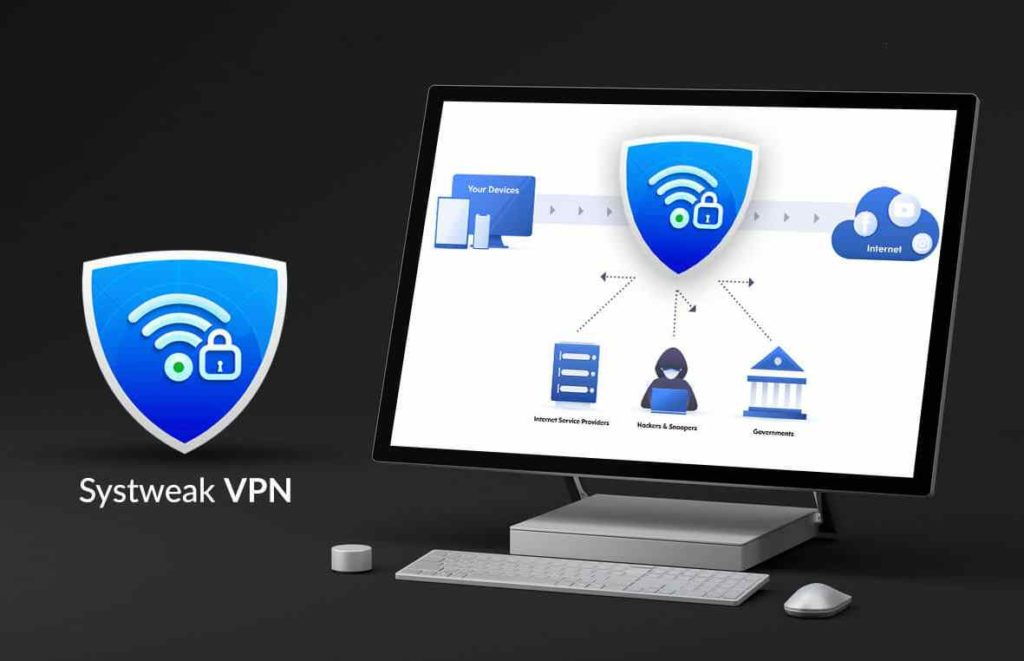“SSID” is the abbreviation for “Service Set Identifier.” A “service set” is a collection of wireless networking devices having the same parameters as defined by the IEEE 802.11 wireless networking standard. As a result, the SSID is the name or identification that tells you which network to join.
SSIDs are used to distinguish between several Wi-Fi networks in a given area so that you can connect to the correct one. Although most router manufacturers supply a default SSID, such as “Netgear,” you can change it to anything you like, provided you have administrative access to the Wi-Fi network. Many others, including guests in your home and nearby networks, can see your Wi-Fi name. This raises the question of whether or not concealing your Wi-Fi name makes your network safer. This may come as a shock, but concealing your Wi-Fi name will not make your network safer it will likely cause more harm than benefit.

What does it mean to hide your Wi-Fi network name?
Your router broadcasts the name of your Wi-Fi network so that devices may find it and log in without a password. Your router’s network name is broadcasted by default. Disabling the router’s broadcast feature is all it takes to hide your Wi-Fi network name. This, however, merely prevents the name from appearing in a device’s network list. Your network is still there, and hackers can readily detect it using other standard tools.
Reasons Why You Shouldn’t Hide Your WI-FI Network Name
Hiding your Wi-Fi identity doesn’t make your network any less exposed to hackers, and the inconvenience of having to manually establish a connection to your concealed network isn’t worth it.
1. Your IP address and online behavior will not be hidden
Your internet activity and IP address will not be encrypted if you hide your network name. Your browsing history is still available to your internet service provider and other third parties, along with your IP address.
2. Even if your network is hidden, third-party software can track it
Anyone can check up your network, even if it’s hidden, using free apps. By designating covert networks, these tools may even work in hackers’ favor. Your covert network will draw undesired attention from hackers who may believe there is something important to be discovered, causing your strategy to backfire.
3. Connecting to a hidden network is inconvenient
When a Wi-Fi network isn’t hidden, all you have to do is find it, pick it on your device, and punch in the password to connect. When you hide your Wi-Fi network, it disappears from your device’s network list. You’ll have to manually key in your network information—network name, security type, encryption type, and password—on your smartphone to join the network.
How To Protect Your Wi-Fi Network?
It must be obvious that hiding your Wi-Fi network name will not serve the purpose of making your WI-Fi more secure. Instead, you can do a lot more to make your network secure.
Change the default password and network name

Any network that uses its default name may indicate a lack of privacy awareness, making you a convenient target. As a result, changing your Wi-Fi name, preferably to something that won’t identify you as the user, is a good idea. Changing your network password is, of course, equally critical.
Change the default password on your router
You can use a password, such as “admin,” to control your network settings in your router’s admin interface. Although it is intended to be simple to remember, it does require an extra step to alter. If it remains intact, anyone who comes within your router’s signal range can easily sign-in and perform a variety of things, like locking you out with a new password or hijacking your network.
Use a virtual private network

One of the best VPN services for Windows is Systweak VPN, which combines smart DNS and a kill switch. This VPN for Windows uses military-grade AES 256-bit encryption to protect your online privacy by allowing anonymous browsing and masking your IP address. You can bypass ISP throttling with this open VPN service. Systweak VPN offers a variety of benefits in addition to masking your IP address and protecting you from the dangers of public Wi-Fi. Here are a few of the benefits:
- There are no geographical limitations. All IP region-based restrictions imposed by streaming services like Netflix are removed using a virtual private network application like Systweak VPN.
- Maintains the user’s security and privacy. A VPN application provides privacy and protection because no hacker can track your original IP address or location. Viruses, malware, and other forms of trackers are also absent from your laptop.
- Securely sharing files. You can trust that data transferred over a public Wi-Fi network will be encrypted and unavailable to hackers.
The Final Word On Should you hide your Wi-Fi network name (SSID) or not?
By now it has been clear that hiding your SSID will now do any good but rather make it difficult for you to add a new device to your network. Unless your Wi-Fi network password is known, no one can infiltrate your network. Using a VPN will always ensure that your online activities remain private and your network remains secure.
Follow us on social media – Facebook, Instagram, and YouTube. For any queries or suggestions, please let us know in the comments section below. We would love to get back to you with a solution. We regularly post tips and tricks, along with answers to common issues related to technology.



 Subscribe Now & Never Miss The Latest Tech Updates!
Subscribe Now & Never Miss The Latest Tech Updates!